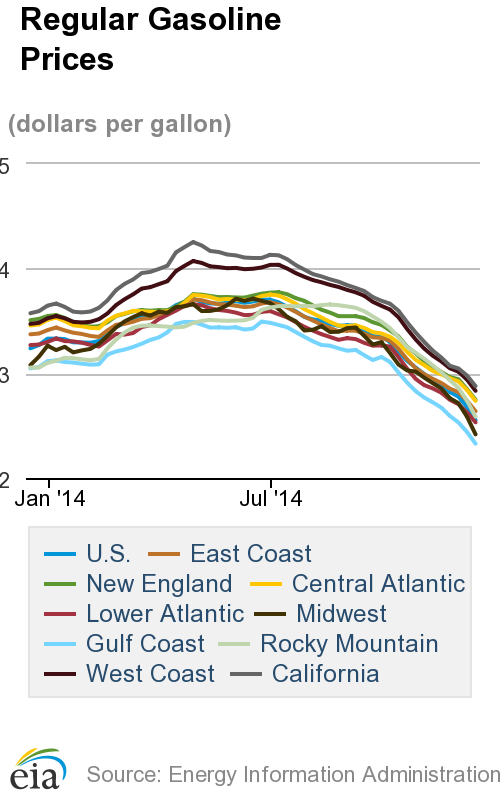The Keystone XL Pipeline has been a point of contention for years. First proposed 7 years ago, the fourth phase of the U.S.-Canada oil pipeline faces critics from both sides of the border as well as new issues that weren’t factors when the idea of the pipeline was first conceived.

Russ Girling, President & CEO of TransCanada, courtesy of Teddy Kwok, CC BY-ND 2.0.
Despite the challenges, TransCanada, the company behind the pipeline, has continued to push forward. For all of the opposition, there was still plenty of optimism that the project would be a success and add transportation infrastructure to move oil from Alberta, Canada to Nebraska. It would shorten the route oil had previously taken from Canadian oil sands to the refineries and distribution centers in the United States.
However, on November 2, TransCanada sent a letter to the U.S. State Department asking that its application for the Keystone XL Pipeline be put on hold. The move comes just as the State Department was in the final stages of reviewing the company’s application for a presidential permit to start construction.
It’s not often that companies put the brakes on a project when it is nearly through the approval process. But several factors appear to be weighing on TransCanada’s decision, not the least of which is political questions in the United States.
President Obama said he would make a decision on the Keystone XL Pipeline before the end of his term. In his second term he has put a focus on the environment, looking to cut coal and methane emissions and working to protect natural parks from drilling. His push for more environment-friendly legislation has led some to believe that he would rule against the pipeline.
With that in mind, the hold request on the application could have given TransCanada a chance to revisit the application in 2017, after a new president who might be more receptive takes over the White House.
Republican candidates such as Jeb Bush are big proponents of the Keystone XL Pipeline. Bush said approving the pipeline was “a no brainer” that would move us toward energy independence. Bush joins Ted Cruz, Ben Carson, Marco Rubio, and more backing the approval of the pipeline that would send 830,000 barrels of oil a day to refineries on the coast along the Gulf of Mexico. However, Democratic candidates Hillary Clinton and Bernie Sanders have both said they would reject the pipeline application.
Other issues that could cause TransCanada to think twice right now include the precipitous drop in the price of oil since the project was announced. In July 2008, a barrel of oil was priced at $115. On November 4 of this year, oil was down to just $46.47 per barrel. When prices are below $65 a barrel, it may not be profitable to produce tar sands oil.
It’s a difficulty that has affected the fracking industry as well. The dip in oil production has caused oil and gas companies to slow down their fracking ventures because the profit margins are thinning. When the price of oil rebounds, the pipeline could become more viable for the oil industry.

Protest of Keystone XL Pipeline at White House, courtesy of chesapeakeclimate, CC BY-SA 2.0.
While the fate of the pipeline remains undecided, oil companies will be keeping an eye on the price of oil, and environmentalists will continue their fight against not only the pipeline but also the production of tar sands oil.
Interestingly, on November 4, the State Department sent a letter to TransCanada, formally rejecting its bid to delay the permit review process for the controversial pipeline project. It seems that after Tuesday’s election, the Obama administration, which has long dragged its feet on making a decision, may finally be ready to act. Many pundits have declared this a death knell for the project.
What do you see in the Keystone XL Pipeline’s future? Will it be completed, or is this the beginning of the end? Leave your thoughts in the comments.






Recent Comments